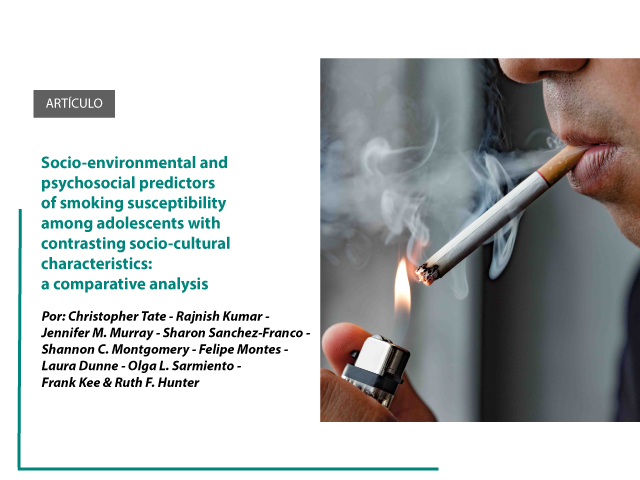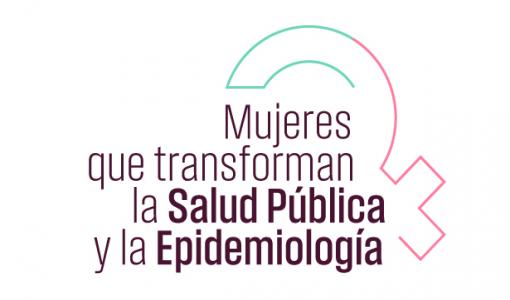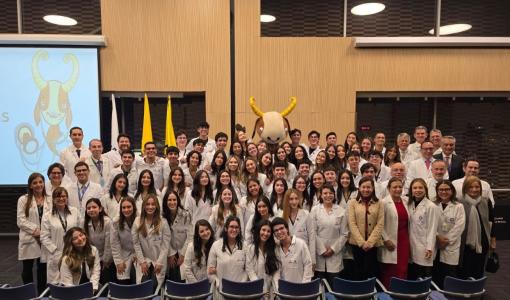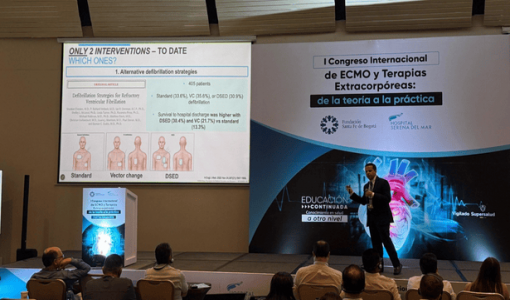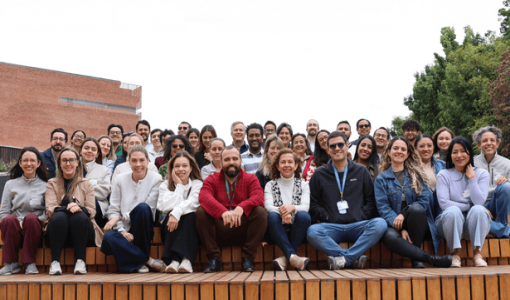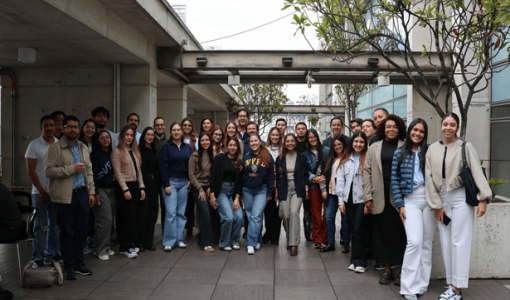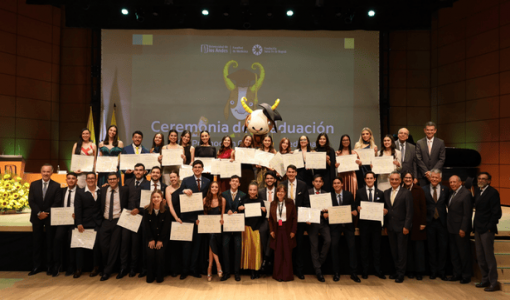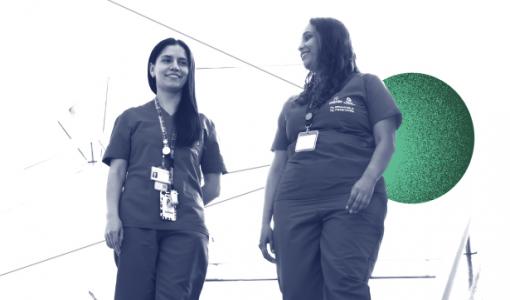[Artículo]
Los invitamos a leer el siguiente artículo que contó con la participación de la Dra. Olga Lucía Sarmiento
Background
Despite a steady decline in adolescent smoking globally, it remains a prevalent risk factor for non-communicable disease. Previous research points to differences in socio-environmental and psychosocial risk factors for smoking and how they vary across different settings with disparate social and cultural characteristics. As a result, smoking rates have remained disproportionately higher in some settings while decreasing in others. This study explored the socio-environmental and psychosocial risk factors for smoking susceptibility in a high-income and upper-middle income setting.
Methods
Cross-sectional data were obtained from 1,573 male and female adolescents aged 11-15 years who completed self-administered questionnaires in schools in Northern Ireland and Bogotá, Colombia. Using logistic regression analysis, we examined how socio-environmental and psychosocial predictors of smoking susceptibility compared across the two countries.
Results
In Northern Ireland, reduced odds of smoking susceptibility were significantly associated with less family smoking (OR: 0.64, 95% CI: 0.41-1.00); having access to information about smoking in school (OR: 0.75, 95% CI: 0.59-0.96); negative attitudes towards smoking (OR: 0.35, 95% CI: 0.23-0.51); higher levels of openness (OR: 0.59, 95% CI: 0.50-0.69); and higher levels of self-reported wellbeing (OR: 0.57, 95% CI: 0.44-0.74). Increased odds of smoking susceptibility were associated with reporting less smoking of a mother (OR: 1.37, 95% CI: 1.06-1.76); higher levels of extraversion (OR: 1.40, 95% CI: 1.04-1.90); and receiving pocket money (OR: 1.20, 95% CI: 1.06-1.37). In Bogotá, reduced odds of smoking susceptibility were significantly associated with reporting less smoking among friends (OR: 0.86, 95% CI: 0.76-0.98); higher levels of self-efficacy (OR: 0.58, 95% CI: 0.40-0.83); greater perceived behavioural control to quit smoking (OR: 0.71, 95% CI: 0.56-0.90); and lower levels of truancy (OR: 0.69, 95% CI: 0.52-0.92). In Bogotá, no factors were associated with increased odds of smoking susceptibility in the final model.
Conclusions
The findings illustrate that there were differences in predictors of adolescent smoking susceptibility across the two settings. By using a comparative approach we demonstrate that smoking interventions and policies must be sensitive to the cultural and normative context within which they are implemented.

